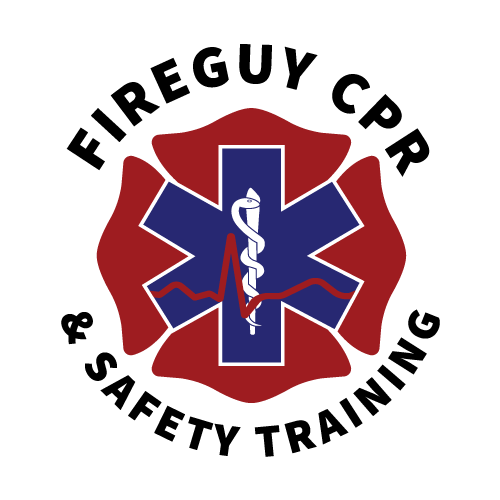Bloodborne pathogens pose a silent yet potentially deadly threat in various settings, including healthcare facilities, first response teams, and even everyday environments. These microscopic pathogens, such as HIV, hepatitis B, and hepatitis C, can be transmitted through contact with contaminated blood or bodily fluids, making them a significant concern. Here’s why specialized training in first aid is essential for handling situations where individuals may be exposed to bloodborne pathogens.
1. Awareness of the Risks: Specialized first aid training in bloodborne pathogens raises awareness about the potential risks associated with exposure. Participants learn how to identify situations where contamination is possible and how to minimize their risk through proper precautions.
2. Proper Use of Personal Protective Equipment (PPE): Knowing how to use PPE effectively is crucial when dealing with bloodborne pathogens. Specialized training ensures that individuals are well-versed in selecting and using the right protective gear, such as gloves, masks, and gowns, to prevent exposure during first aid or emergency response.
3. Safe Handling and Disposal: Bloodborne pathogens can survive on surfaces and materials for extended periods. Specialized training provides individuals with guidelines on how to safely handle contaminated items and dispose of them to prevent further spread of infection. This knowledge is particularly crucial in healthcare settings.
4. Infection Control Protocols: Specialized training equips individuals with infection control protocols, emphasizing the importance of hand hygiene, cleaning and disinfecting surfaces, and maintaining a sterile environment to minimize the risk of pathogen transmission.
5. Post-Exposure Procedures: In cases where exposure to bloodborne pathogens may occur despite precautions, specialized training prepares individuals for the necessary post-exposure procedures. Prompt action following an exposure incident, such as reporting, testing, and treatment, can make a significant difference in preventing infection.
6. Protecting Both Caregivers and Patients: Specialized training not only safeguards caregivers but also ensures that patients receive care without undue risk of pathogen transmission. This dual protection is particularly critical in healthcare settings, where individuals may already be dealing with compromised health.
7. Compliance with Regulations: Many professions and workplaces, especially those in healthcare, are subject to strict regulations regarding bloodborne pathogens. Specialized training helps individuals and organizations meet these regulatory requirements, reducing legal liabilities.
In conclusion, specialized training in first aid for handling bloodborne pathogens is essential for both safety and infection control. It equips individuals with the knowledge and skills needed to minimize the risk of exposure, protect themselves and others, and adhere to regulatory standards. In a world where invisible threats can have lasting consequences, this training is a critical component of responsible caregiving and emergency response.

Recent Comments